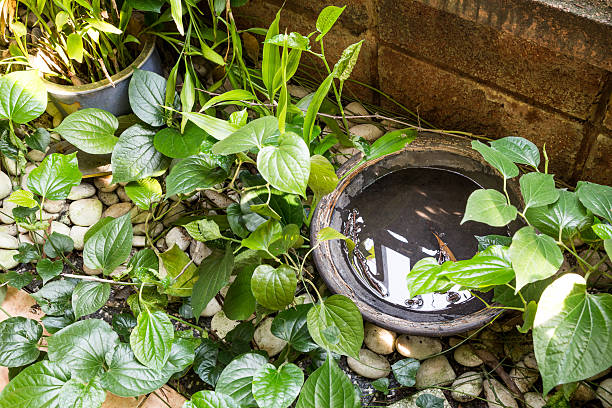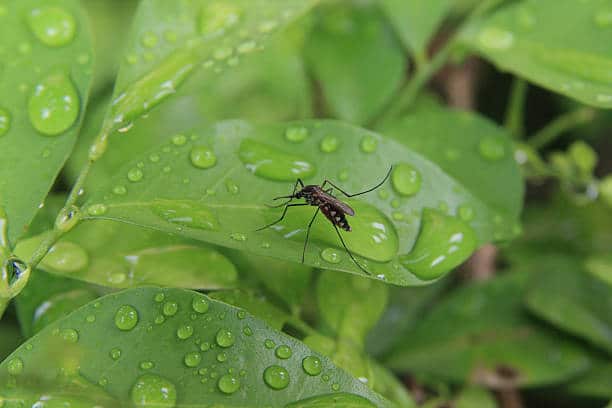Summer in Georgia brings forth warm weather, outdoor activities, and unfortunately, pesky mosquitos. These tiny insects not only cause itchy bites but also pose health risks by carrying diseases. Fortunately, you can take proactive measures to minimize mosquito populations naturally and effectively. In this article we’ll examine various strategies, such as planting lemon grass and lavender, installing bat houses, using larvicides, and introducing native fish species.
Harnessing the Power of Plants
Some plants naturally repel mosquitoes and are excellent choices for keeping these bothersome pests away from your outdoor spaces. Lemon grass and lavender, for instance, contain essential oils that mosquitos find distasteful, helping to keep them away. Plant them in your garden or place them in pots near your seating area to benefit from their mosquito-repelling effects.
Bat Houses for Mosquito Predation
Bats are known for preying on mosquitoes, eating a large number of these insects during their nocturnal hunts. Installing bat houses in your yard is a great way to encourage these animals to take up residence and take advantage of their mosquito-eating abilities. Georgia’s hot and humid climate is perfect for bats, who prefer areas with water sources and lots of insect populations.
Targeting Mosquito Larvae
Preventing mosquitoes from reaching their adult biting stage is a crucial step in controlling their population. Mosquito larvae thrive in stagnant water, such as ponds, bird baths, or rain barrels. By using larvicides specifically designed to kill mosquito larvae, you can disrupt their life cycle and reduce the number of biting adults. Contact us to find learn more about suitable larvicide products.
Introducing Native Fish Species
Another effective and environmentally friendly approach to reducing mosquito populations is introducing native fish, such as smaller sunfish or mosquitofish, into standing water bodies. These fish species actively feed on mosquito larvae, devouring them before they can mature into biting adults. Contact us to learn more about appropriate fish species for your areas.
Additional Tips for Mosquito Control
Eliminate standing water sources, such as clogged gutters, buckets, or old tires, where mosquitos can lay their eggs. Keep your lawn well-maintained and regularly mow grass to minimize resting areas for adult mosquitoes. Controlling mosquitoes during the summer in Georgia requires a multi-faceted approach. By utilizing natural options such as lemon grass, lavender, and bat houses, combined with larvicides to target mosquito larvae, and introducing native fish species to reduce breeding, you can significantly reduce mosquito populations so that you can make the most of the outdoors.





